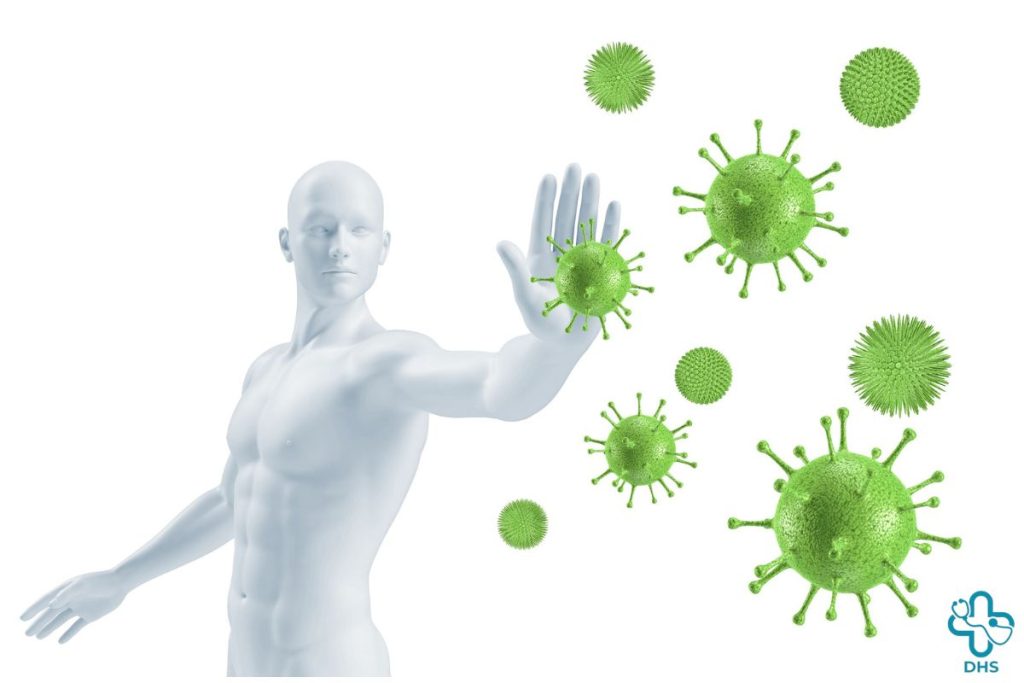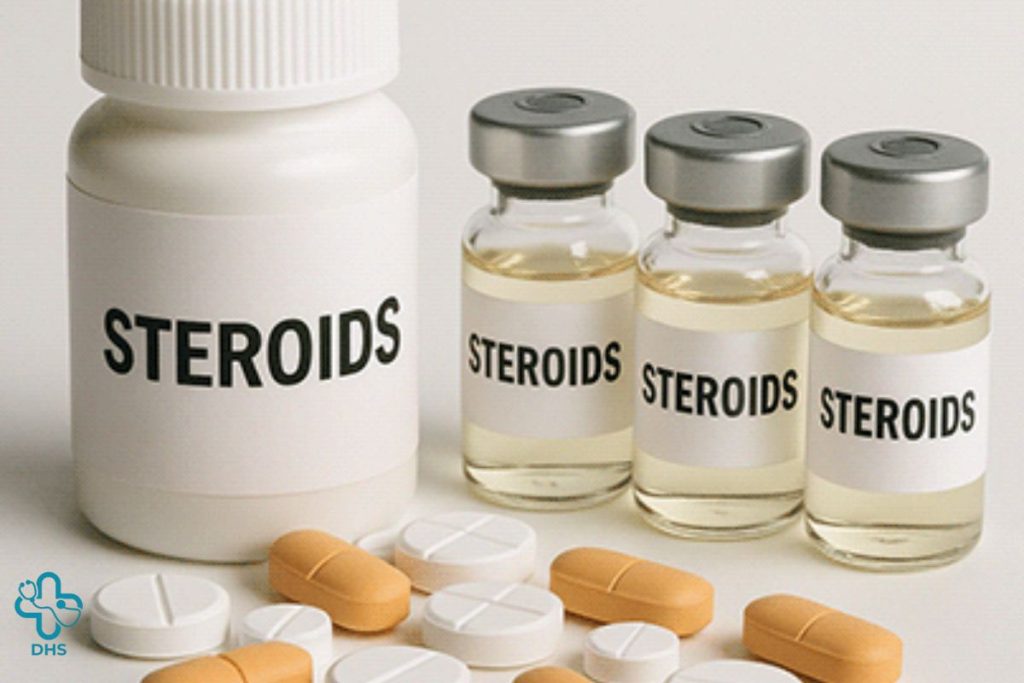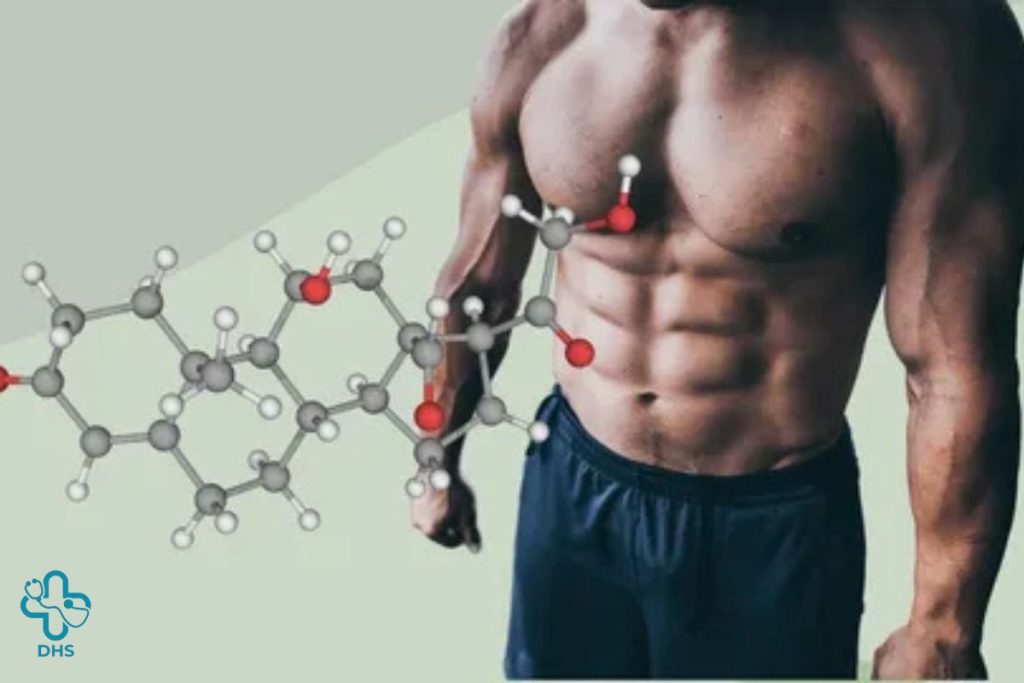
Steroid injections are widely used in healthcare to manage pain, inflammation, and autoimmune conditions. Whether someone is dealing with arthritis, chronic back pain, or inflammatory joint issues, steroid injections often provide quick relief and help patients return to their normal routines. However, one concern many people raise is the effect of these injections on the immune system. Understanding how long the immune system might be compromised after a steroid injection is important, especially for those who are conscious about infections, healing, and overall health. If you live in New York City, where people frequently seek treatment for joint-related problems, knowing this information becomes even more relevant.
The Role of Steroids in the Body

Steroids, such as cortisone, hydrocortisone, or prednisone, are powerful anti-inflammatory medications. When injected into a joint, muscle, or around nerves, they work by reducing swelling and blocking substances that trigger inflammation. This brings relief to individuals suffering from conditions like arthritis, sciatica, and bursitis. However, steroids are not just localized—they can affect the immune system on a broader scale. Steroids suppress the immune response, which is why they are effective in controlling inflammation. But this same property can make the immune system weaker temporarily.
How Steroid Injections Affect the Immune System
The immune system is our natural defense against infections and diseases. Steroids reduce the activity of immune cells, especially white blood cells that fight off infections. This suppression prevents the body from overreacting to inflammation but also lowers its ability to fight bacteria, viruses, or other harmful organisms. For most patients in New York City, this means there might be a short period after the injection where they are more vulnerable to infections like the common cold, flu, or even delayed healing after minor injuries. This effect is generally mild and temporary, but it is something to consider when making healthcare decisions.
Duration of Immune Suppression After Steroid Injections

So, how long does the immune system stay compromised after a steroid injection? Research suggests that the immune-suppressing effect of a steroid shot typically lasts between a few days to a few weeks, depending on the type of steroid, the dose, and the individual’s health. For instance:
- Low-dose injections may only affect the immune system for a few days.
- Moderate to high-dose injections may cause noticeable immune suppression for 2–4 weeks.
- In rare cases, especially with repeated injections, the effects may last longer.
In New York City, where patients may receive steroid injections regularly for arthritis or sports injuries, it is important to follow the doctor’s advice and allow adequate recovery time between doses. The immune suppression is not usually severe, but it can matter for people who already have a weakened immune system or chronic health conditions.
Factors That Influence Recovery of the Immune System

Not everyone responds the same way to steroid injections. Several factors can determine how long your immune system remains weakened:
- Dosage and frequency – Higher doses and repeated injections suppress the immune system more strongly and for a longer duration.
- Type of steroid – Some steroids stay in the body longer, leading to prolonged effects.
- Overall health – Individuals with diabetes, heart disease, or existing immune problems may experience slower recovery.
- Lifestyle factors – Poor diet, smoking, stress, or lack of sleep can delay immune system recovery.
- Age – Older adults may take longer to regain normal immune function compared to younger individuals.
Understanding these factors helps patients in New York City plan their treatment schedules better and make informed decisions with their healthcare providers.
Precautions to Take After a Steroid Injection
If you recently had a steroid injection, there are steps you can take to support your immune system while it is temporarily compromised:
- Avoid crowded places during flu season or when infection risk is high.
- Eat a balanced diet rich in vitamins, minerals, and antioxidants to promote healing.
- Stay hydrated to support overall body functions.
- Prioritize rest and sleep, since recovery is faster when the body is well-rested.
- Practice good hygiene such as frequent handwashing.
- Follow medical advice regarding the frequency of injections and any additional precautions.
Taking these precautions can significantly lower the risk of infections during the recovery period and help patients maintain their health while benefiting from pain relief.
Local Relevance in New York City
In communities like New York City, where arthritis, joint pain, and sports-related injuries are common, steroid injections are widely used as a treatment option. Local patients often wonder how such injections might affect their immune strength, especially if they are already dealing with health challenges or working in environments where exposure to infections is high. By being aware of the temporary immune suppression and adopting preventive measures, residents can continue to receive the benefits of steroid therapy while minimizing risks.
Healthcare providers in New York City also emphasize spacing out injections properly, ensuring patients do not rely on steroids too frequently, and combining injections with physical therapy, exercise, and lifestyle changes to promote long-term health.
Conclusion
Steroid injections are an effective way to reduce pain and inflammation, but they do come with temporary effects on the immune system. For most individuals, the immune system is only compromised for a few days to a few weeks after the injection. The exact duration depends on dosage, frequency, and personal health conditions. Patients in New York City should work closely with their healthcare providers to determine the best treatment plan while being mindful of infection risks during the recovery period.
FAQs
1. Can I get sick more easily after a steroid injection?
Yes, the immune system is slightly weakened after a steroid injection, which may make you more prone to infections like colds or flu. However, the effect is usually temporary and mild.
2. How can I protect my immune system after a steroid injection?
You can support your immune system by eating a healthy diet, resting, avoiding crowded places during flu season, and practicing good hygiene.
3. How often is it safe to get steroid injections?
Doctors in New York City usually recommend limiting steroid injections to a few times a year, depending on the condition. Frequent injections may increase the risk of immune suppression and other side effects


